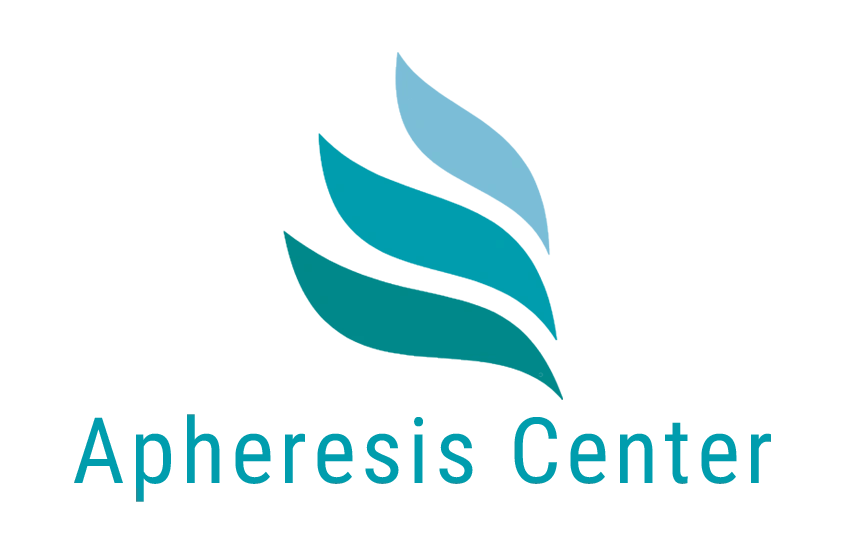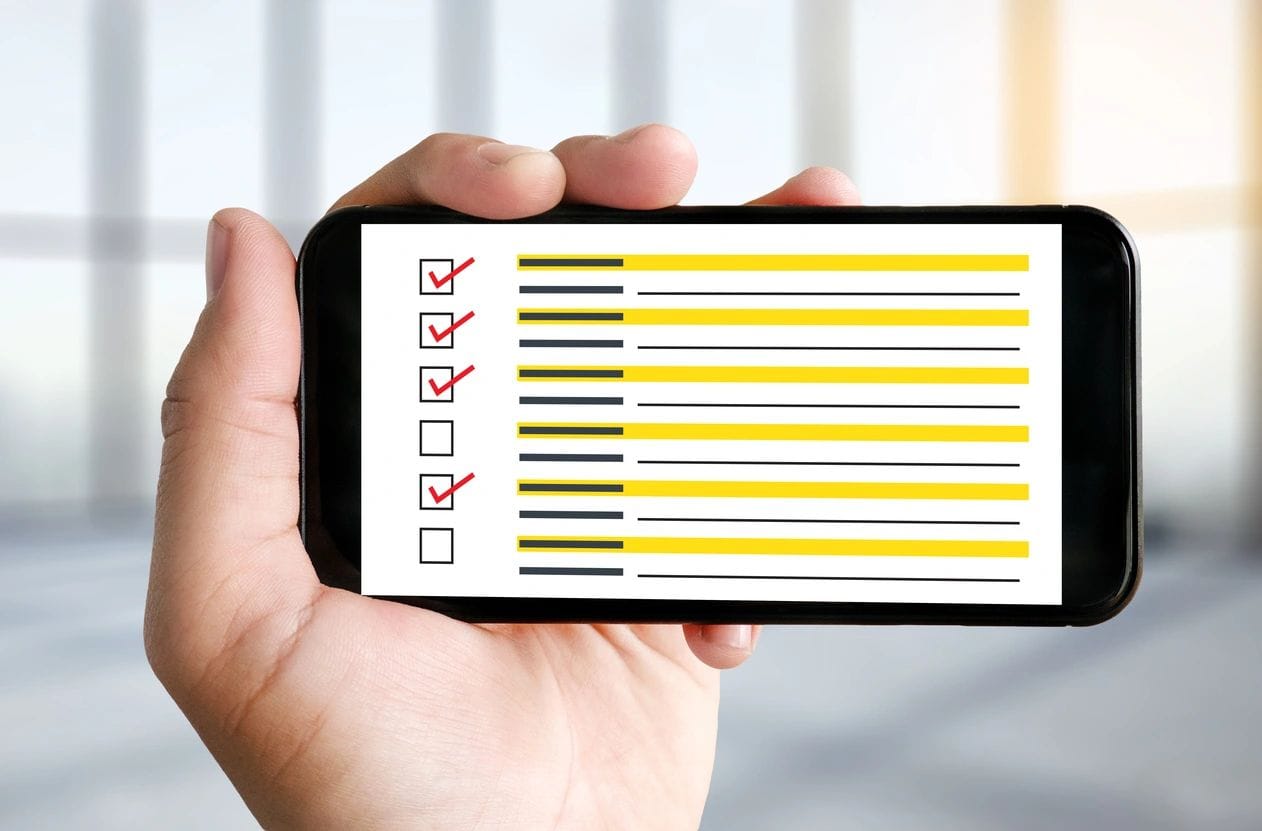Autor: Tanja Walser
Long COVID recovery can feel like a marathon without a finish line. With fluctuating symptoms, fatigue that doesn’t go away with rest, and a frustrating lack of answers, it’s no wonder so many people feel overwhelmed. While much of the focus understandably falls on physical healing – nutrition, pacing, gentle movement – there’s a powerful and often underestimated piece of the puzzle: stress management. Managing stress isn’t a “nice to have” add-on. It’s a central pillar of your healing process.
En este post, exploraremos cómo el estrés crónico afecta al cuerpo durante la recuperación de Long COVID, por qué es más importante que nunca priorizar el descanso y la regulación del sistema nervioso, y algunas estrategias suaves y realistas para ayudarle a reducir el estrés y apoyar la capacidad de su cuerpo para sanar.
El bucle estrés-síntoma
If you’re living with Long COVID, you’re likely familiar with the boom-and-bust cycle: a few better days followed by a crash that sets you back. Stress – whether emotional, physical, or environmental – can play a big role in triggering these crashes.
Cuando experimentamos estrés, nuestro cuerpo entra en modo "lucha o huida", liberando hormonas como el cortisol y la adrenalina. Esta respuesta es útil en breves momentos, pero cuando el estrés es crónico, resulta perjudicial. El estrés persistente mantiene al organismo en un estado de alerta elevado, impidiendo el tipo de curación profunda que se produce durante el descanso y la reparación.
For those in Long COVID recovery, this stress response can worsen fatigue, brain fog, sleep problems, and even pain. The body stays locked in survival mode, prioritising immediate threats over long-term repair. That’s why calming the nervous system – gently and consistently – can be one of the most impactful things you do.
Por qué la gestión del estrés es esencial para una recuperación COVID prolongada
The nervous system acts like the body’s internal switchboard, constantly sending and receiving signals. In chronic illness, this communication gets disrupted. Long COVID seems to dysregulate multiple systems at once – including the immune system, autonomic nervous system, and endocrine system. Stress intensifies this disruption.
He aquí cómo afecta el estrés a la recuperación de Long COVID:
- Aumenta la inflamación: El estrés crónico favorece los procesos inflamatorios, que ya son elevados en muchas personas con COVID largo.
- Sleep quality declines: Stress makes it harder to fall and stay asleep – robbing your body of one of its most important healing tools.
- Los problemas digestivos empeoran: el estrés altera la digestión y la absorción de nutrientes, lo que dificulta que el organismo obtenga lo que necesita para reparar los tejidos y regular las hormonas.
- Energy production suffers: Mitochondria – the powerhouses of your cells – don’t work well under chronic stress, contributing to the crushing fatigue so many experience.
No se trata de eliminar todo el estrés (eso es imposible, y la presión para hacerlo puede añadir más estrés). En cambio, se trata de encontrar maneras de cambiar suavemente su sistema nervioso en un estado de descanso y digestión, donde la curación es más probable que suceda.
Cómo es el estrés en la vida real
El estrés no siempre es dramático. A menudo, se manifiesta de forma sutil pero persistente: pensando demasiado, investigando constantemente los síntomas, preocupándose por el futuro, esforzándose hasta la extenuación para seguir el ritmo de las exigencias diarias.
Si algo de esto le resulta familiar, no está solo:
- Te sientes culpable por descansar
- Le preocupa no estar haciendo "lo suficiente" para recuperarse
- Experimentas tensión en el cuerpo la mayor parte del día
- Tu mente se acelera cuando intentas dormir
- Se siente emocionalmente frágil o abrumado la mayoría de las veces
Ninguno de estos son signos de fracaso. Son señales de que tu sistema nervioso está trabajando horas extras. ¿Y la buena noticia? Puedes empezar a calmarlo, aunque sea mínimamente.
Cómo calmar el sistema nervioso: ¿Qué ayuda realmente?
You don’t need to overhaul your life or spend hours meditating to make a difference. In fact, small, consistent actions are often more effective – and sustainable – than dramatic changes. Here are some nervous-system-friendly practices that support Long COVID recovery:
1. Respiración segura y relajante
Try breathing out longer than you breathe in – for example, inhale for 4 counts, exhale for 6. This activates the parasympathetic nervous system (the calming part of your nervous system) and can help bring your body out of stress mode.
Incluso 2-3 minutos varias veces al día pueden ayudar.
2. Límites con información
It’s easy to fall into research spirals when you’re looking for answers. But consuming too much information – especially when it’s conflicting or alarmist – can spike anxiety and worsen symptoms. Set time limits on symptom research, or take breaks from social media and forums if they leave you feeling drained.
3. Rituales relajantes
Encuentre algunas cosas que le reconforten de verdad y repítalas a menudo. Puede ser un baño caliente, una infusión favorita, música suave o un programa de televisión conocido. Los rituales ayudan al cerebro a sentirse seguro a través de la repetición y la familiaridad.
4. La naturaleza, incluso en pequeñas dosis
Spending time in nature – even just sitting in a garden or watching trees through a window – can regulate the nervous system. If you’re too unwell to go out, try listening to nature sounds or watching calming nature videos.
5. Enraizamiento a través de los sentidos
Toma conciencia de tu cuerpo a través del tacto, la vista, el oído o el olfato. Por ejemplo, sujete una piedra lisa, sienta la textura de una manta o inhale un aceite esencial calmante como la lavanda. Estas experiencias sensoriales te ayudan a anclarte en el momento presente y sacan al cerebro del estrés.
6. Autocompasión
One of the most healing practices is being kind to yourself. Long COVID recovery is not linear. There will be setbacks. Instead of beating yourself up, practice gentle acceptance: “I’m doing the best I can with the energy I have today.”
¿Y si estás demasiado cansado para aliviar el estrés?
That’s okay. Many stress management strategies can be adapted to your energy levels. If even meditation feels like too much, try “non-doing” – simply lying down in a quiet space with no expectations. Let your body rest without a goal. That in itself is powerful.
Una visión más amplia: Crear seguridad
At the heart of all stress reduction is this question: “How can I help my body feel safe?”
Your body can’t heal when it’s bracing for a threat. Long COVID already puts it on high alert. Each moment you offer it a cue of safety – whether through a soothing sound, a loving thought, or a moment of rest – you’re nudging it toward repair.
Stress management isn’t separate from Long COVID recovery. It is recovery. It’s the fertile soil in which your healing can take root.
If you’re navigating the ups and downs of Long COVID recovery, remember that your body is trying – every single day – to find balance again. Reducing stress isn’t about doing more. It’s about doing less, more gently, and more intentionally.
Empieza poco a poco. Una respiración tranquila. Una siesta sin culpa. Una palabra amable para ti mismo. Con el tiempo, estos momentos se acumulan.
No estás roto. Te estás curando.
If you’re curious about how functional medicine health coaching could help in your own Long COVID recovery, Tanja offers a free 20-minute conversation to explore what next steps might feel most supportive for you. Click here to book a time that suits you.


